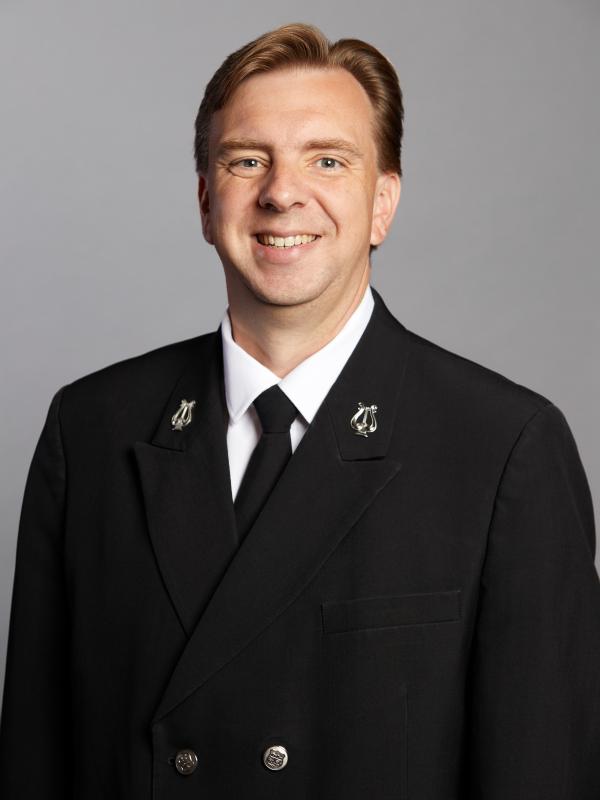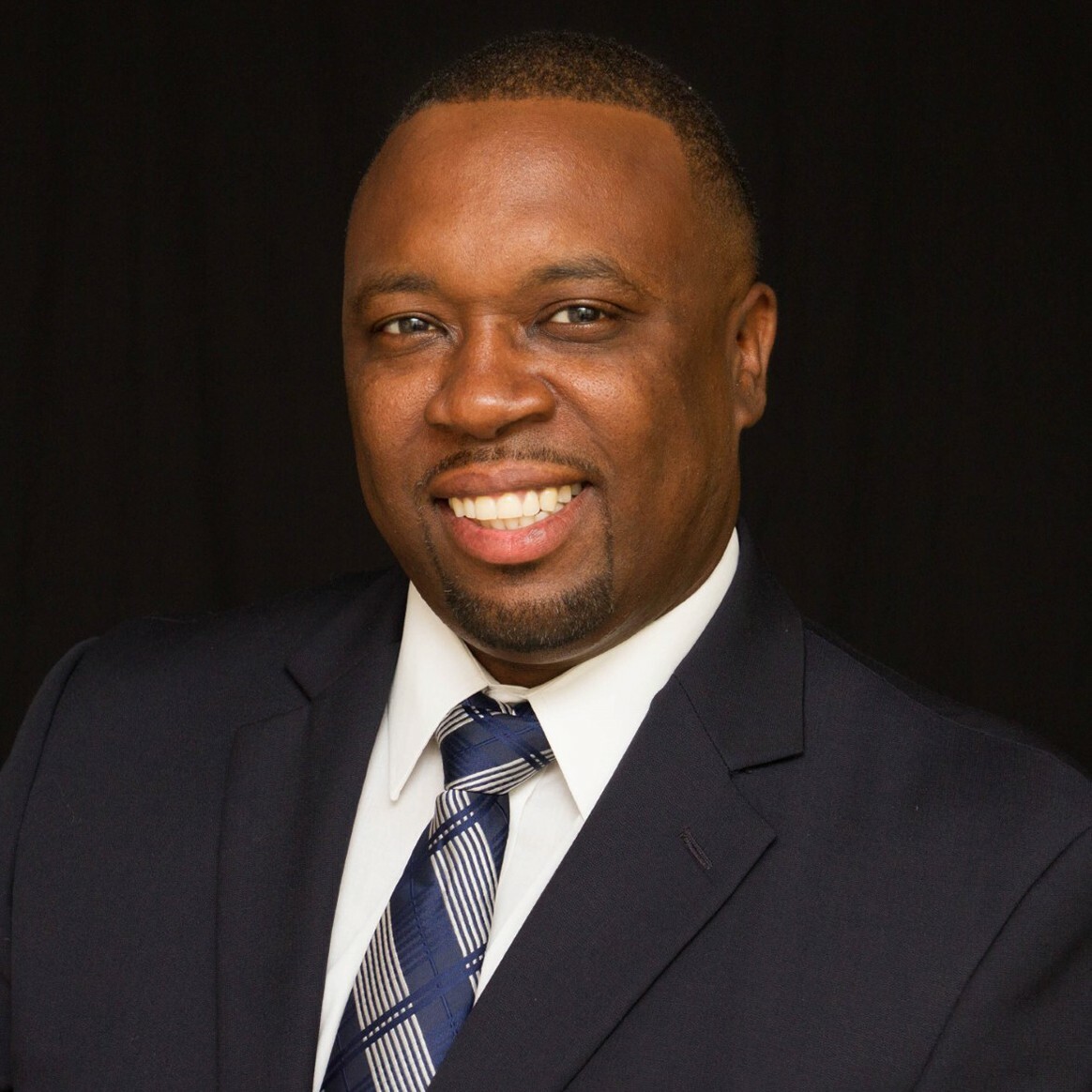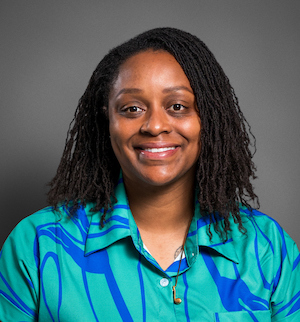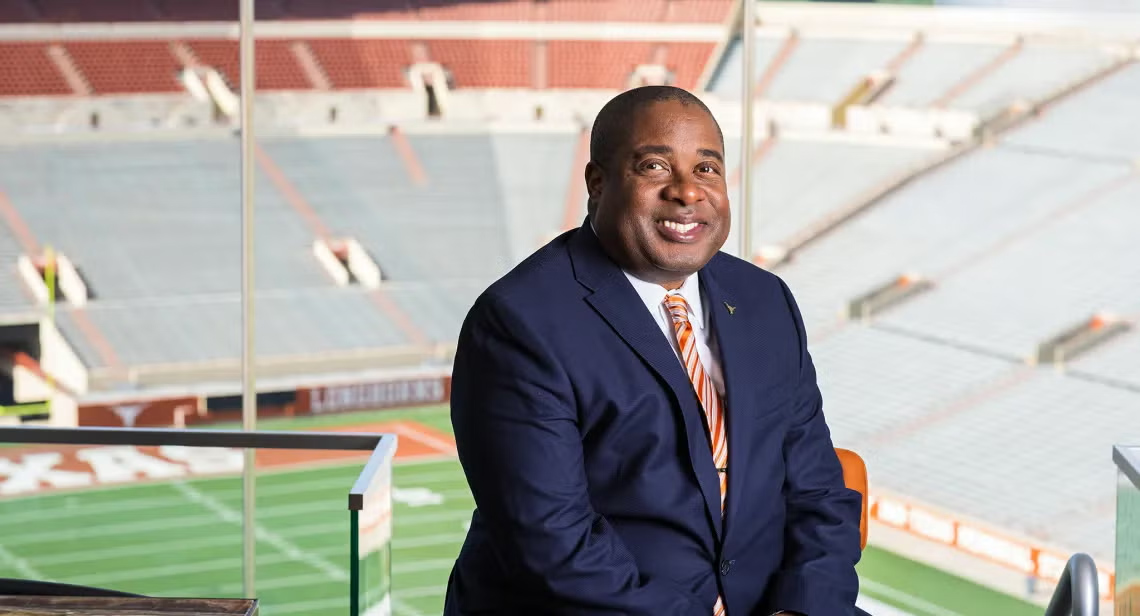The Red Lobster Band of the Year (BOTY), presented by Cricket, has quickly become one of the marquee showcases in HBCU culture. For fans, the spotlight shines on the bands themselves—the drum majors strutting into formation, the auxiliaries captivating with every step, and the brass lines roaring through halftime. But behind the scenes is a panel of judges whose expertise ensures that every performance is evaluated with fairness, precision, and respect for both tradition and innovation.
Legendary Leadership
At the heart of the BOTY judging process are its co-chairs: Professor Dowell Taylor and Dr. Julian E. White.
Taylor, Director of Bands Emeritus at Jackson State University, is synonymous with the Sonic Boom of the South. Known for arranging the band’s iconic rendition of “Get Ready” and serving as chairman of JSU’s music department, his career has spanned decades of shaping HBCU marching culture.
White, Director of Bands Emeritus at Florida A&M University, is equally revered. As the longtime leader of the Marching 100, he not only guided one of the most innovative programs in the nation but also earned induction into the American Bandmasters Hall of Fame and the National Battle of the Bands Hall of Fame.
Together, they embody the BOTY mission: to elevate HBCU marching bands by providing constructive critique and recognizing excellence on a national stage.




A Diverse Panel of Experts
Supporting the co-chairs is a committee intentionally designed to bring in perspectives from both inside and outside the HBCU community.
- Dr. Christopher Hoch, director of the Ohio State University Marching Band, brings international recognition for creative drill design. His band is widely considered one of the most viral ensembles in the world thanks to shows that push the boundaries of formation marching.
- Professor Cliff Croomes, director of the University of Texas Longhorn Band, is a respected composer and founding board member of the Composer Diversity Initiative. He also sits on the advisory board for the Dr. William P. Foster Project, continuing the legacy of the FAMU pioneer.
- Dr. Latoya Webb, director of bands at Ball State University, is an internationally sought-after conductor and educator. A Norfolk State alumna, she also serves as Tau Beta Sigma’s National Vice President for Professional Relations.
- Dr. Gregory Drane, director of Penn State’s Marching Blue Band, is a Bethune-Cookman graduate who has built a reputation as both an arranger and drill writer.
To maintain fairness, BOTY also rotates in current HBCU directors as adjudicators—but with one important rule: no director can evaluate their own division. This ensures the process remains impartial and rooted in credibility.
How the Judges Work
The committee evaluates bands monthly across five categories: musicality, drill & design, percussion, drum majors, and auxiliaries. Adjudicators rotate their assigned categories from September through November, preventing the same person from scoring the same area twice. When championship weekend arrives in Atlanta, a sixth category—general effect—is added to capture the full impression of a band’s show.
This layered approach reflects BOTY’s core philosophy: excellence in HBCU band culture is about balance. A band cannot rely solely on musicality or crowd appeal; it must demonstrate strength across the board.
Why Their Role Matters
The committee doesn’t just hand out scores; it provides feedback designed to help bands grow. Professor Taylor sees this as one of the most meaningful outcomes of BOTY:
“Since the committee comprises accomplished professionals from diverse areas of music education, particularly marching band pageantry, I am highly optimistic that HBCU bands at all levels of proficiency will greatly benefit from the numerous comments and constructive recommendations provided to enhance their musical presentations.”
Dr. White, reflecting on the first two years of BOTY, has already witnessed its impact:
“Over the past two years our bands have improved tremendously. This is a testimony to the kind of leadership that we have among our hard-working HBCU band directors and elite committee members that have embraced this process. It is extremely beneficial to our goal of making good music and maintaining the quality of our historical halftime traditions.”
Their words highlight how BOTY judging goes beyond competition. It’s about mentorship, accountability, and pushing programs to reach their highest potential.
Tradition Meets Innovation
The presence of judges from Ohio State, Texas, Penn State, and Ball State underscores BOTY’s vision of bridging HBCU excellence with broader marching traditions. For Dr. Hoch, for instance, the chance to evaluate HBCU shows offers both a challenge and an opportunity to engage with bands that emphasize not just drill precision but also showmanship, call-and-response with the crowd, and cultural storytelling.
At the same time, the inclusion of HBCU veterans like Taylor, White, Webb, and Drane ensures that the rich traditions of pageantry, high-stepping, and show-style marching remain the standard of excellence. The result is a committee that embodies both respect for history and a drive for innovation.
Building Toward Atlanta
As the season unfolds, the judges will publish three rounds of rankings: Top 15 in September, Top 10 in October, and Top 5 in November. From there, the committee will select two Division I and two Division II bands to compete in Atlanta’s Mercedes-Benz Stadium on December 12, 2025.
The work of the adjudicators will culminate on that stage, where the bands themselves will provide the final arguments for why they deserve to be crowned national champions. But for Taylor, White, and their colleagues, the value lies in the journey—each critique, each adjustment, and each show that grows sharper because of the process.
Why Fans Should Care
For fans, BOTY judging is more than a set of scores—it is a recognition of the artistry, discipline, and legacy that define HBCU marching bands. The judges’ work ensures that these bands receive the same level of analysis and spotlight as football teams chasing championships.
In the words of Dr. White, the process keeps one goal in sight: “making good music and maintaining the quality of our historical halftime traditions.”
That’s what makes BOTY unique: not just a competition, but a living classroom where legends of the past, innovators of the present, and students of the future meet on the same field.
This article was produced with the assistance of artificial intelligence and reviewed by HBCU Gameday editorial staff for accuracy and clarity.

